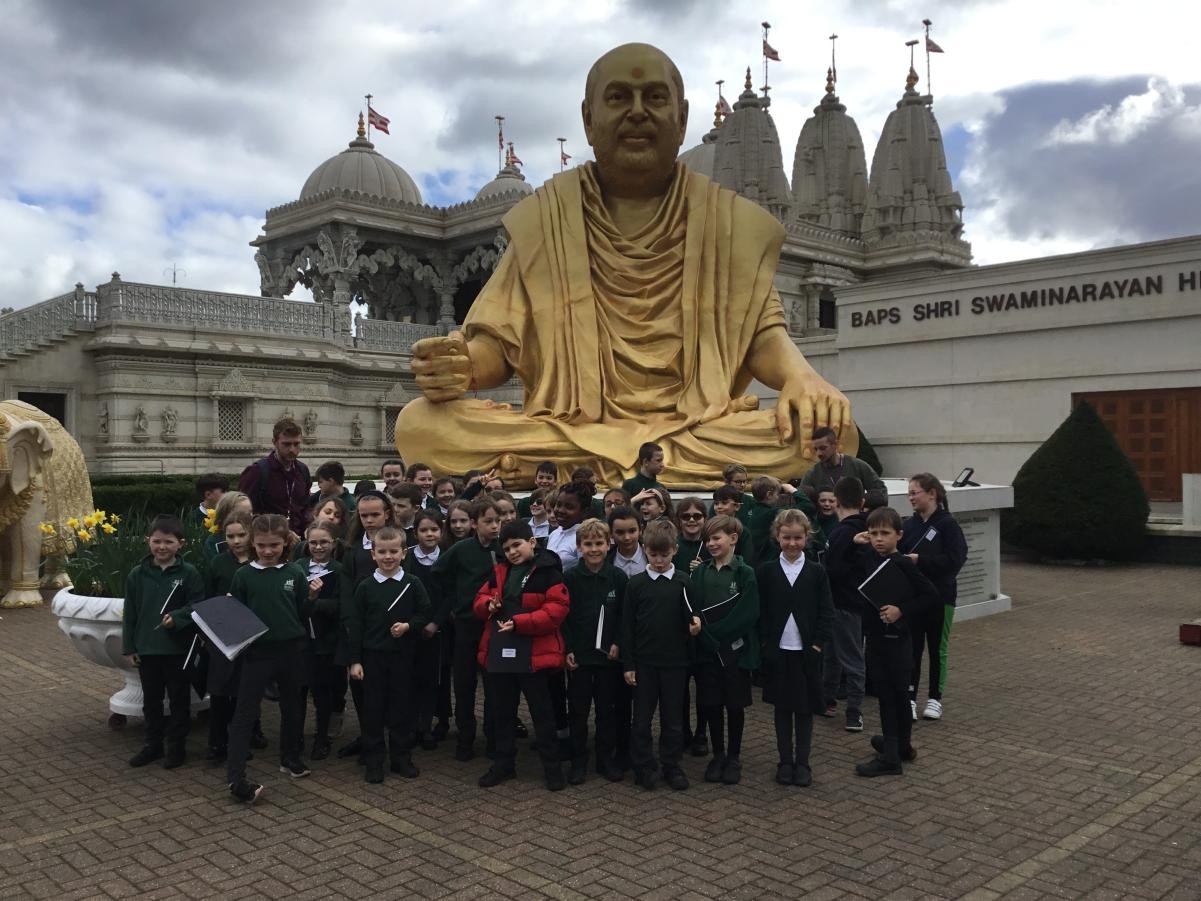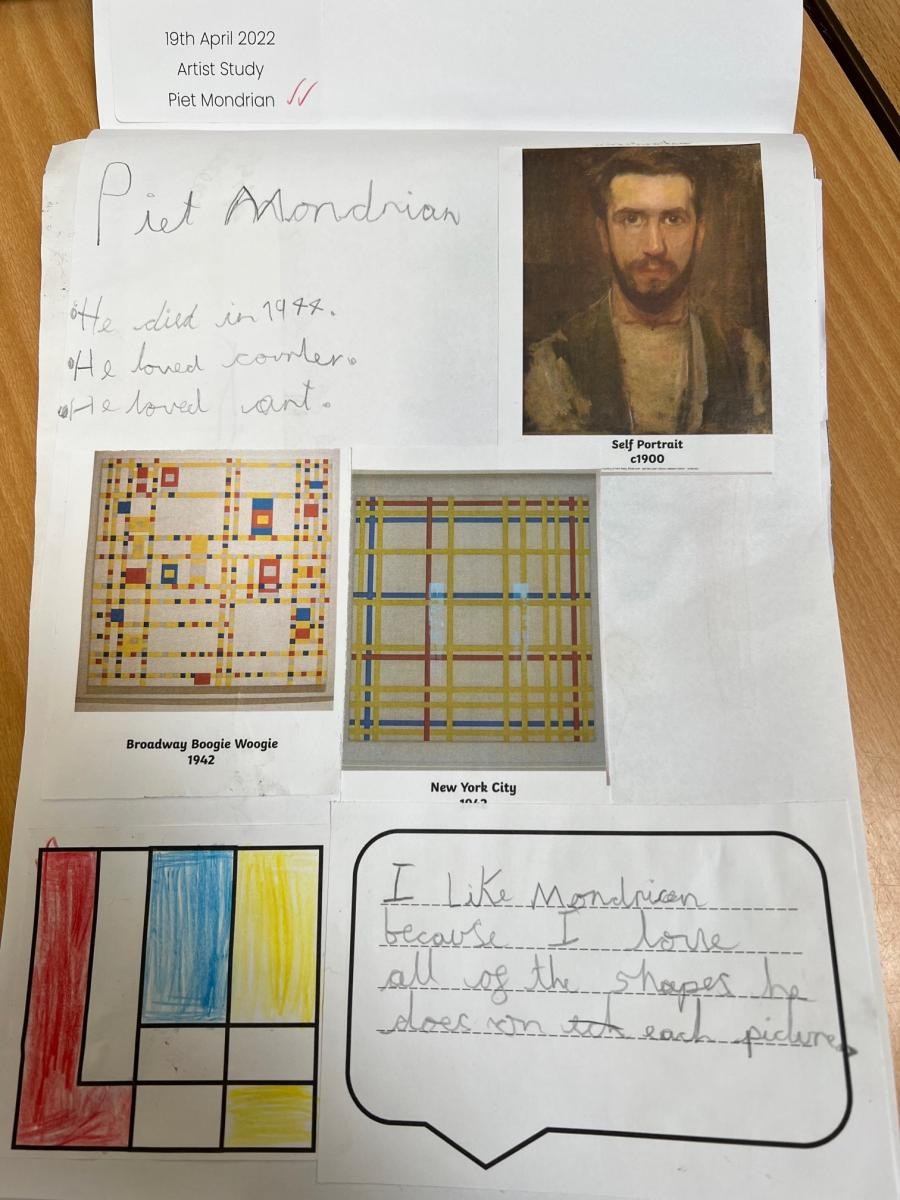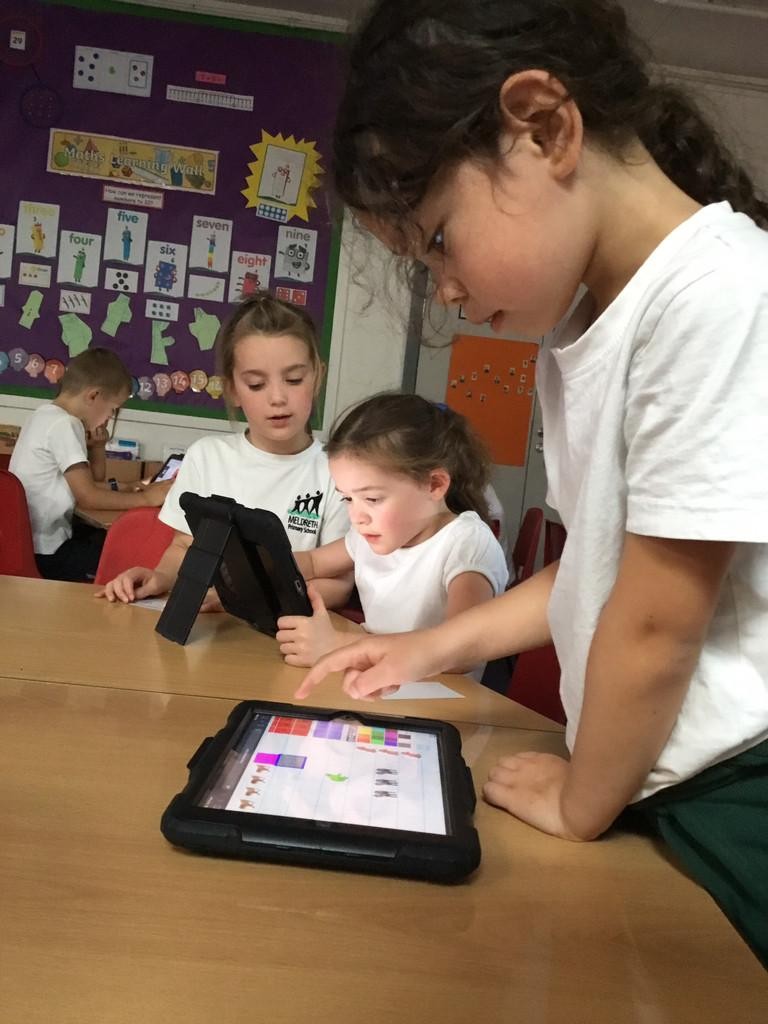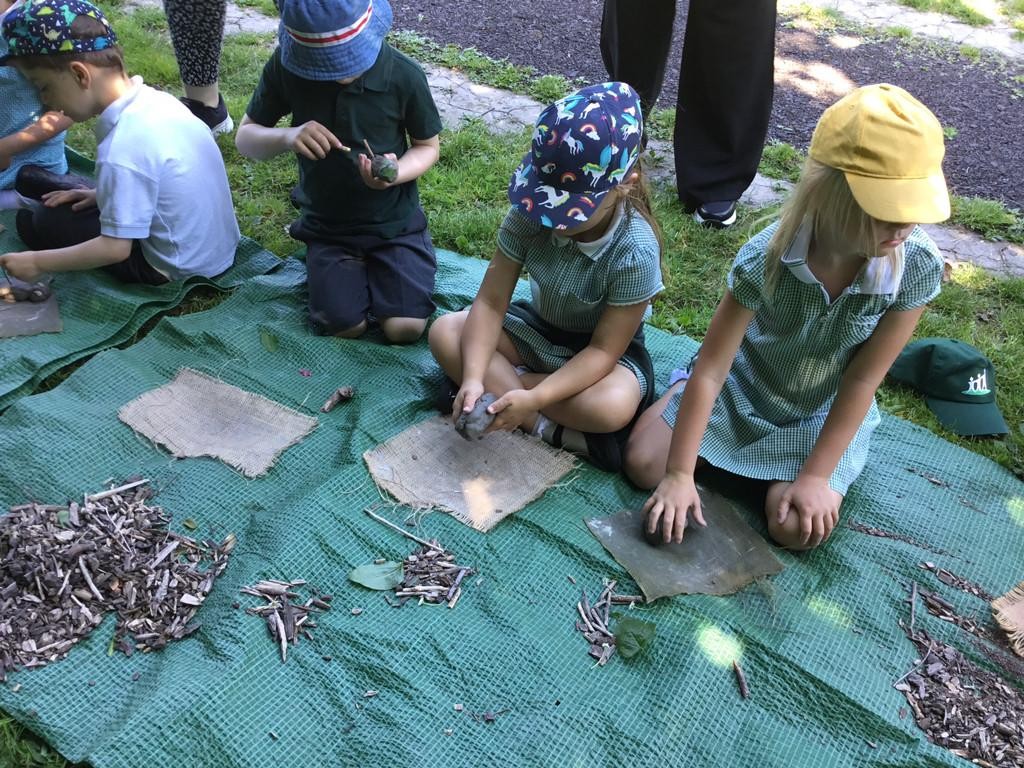At Meldreth Primary, we aim to deliver outstanding educational provision so that our children become…
- responsible, independent individuals who have the knowledge and attitudes to contribute to and be successful in an ever-changing world
- creative, imaginative thinkers and risk takers who enjoy challenge and love solving problems
- respectful and resilient learners
Pupil's spiritual, moral, social and cultural development is a focus of everything we do, from our curriculum to break time, and from assemblies to special events. Our school promotes spiritual development by encouraging children to take risks or face challenges in their learning within a secure and positive environment. At Meldreth we call these 'MUSTstakes'
Our curriculum offers opportunities to experience a wide range of art, music , dance, drama and literature, showing how we appreciate children's imaginative and creativity. We make time for stillness and reflection; posing questions that encourage pupils to consider issues of meaning and purpose. We develop pupils’ good listening and oracy skills; taking account of children’s views through their response to issues raised by them. We foster emotional well-being by encouraging pupils to express their feelings; supporting them to learn to control their emotional regulation. We support our pupils in developing the capacity for evaluative reasoning and critical thought; encouraging them to look beyond the surface.
It is our aim to develop pupils’ awareness and understanding of the moral code of the school and the community(ies) in which they lives. We help pupils to realise that to enjoy rights, they must also accept responsibilities. We develop pupils understanding of why rules are necessary; developing pupils’ self-discipline so that rules are observed as a point of principle and not out of the fear of sanctions.
Our pupil leadership entitlement gives pupils the opportunity to question and reason so that they are capable of deciding on the most appropriate action after considering the consequences of an action. Our Physical development curriculum promotes and values physical well-being, privacy, feelings, beliefs and rights of others.
The school is firmly committed to a policy which is opposed to bullying, irresponsibility, dishonesty, selfishness. We recognize and affirm good conduct, commitment to service to others through our celebration of achievement
Opportunities for pupils support them in developing social skills by creating situations where they have opportunities to relate to visitors and do so with increasing politeness, tact and confidence. Our values foster a commitment and ability to live and work with others, to share resources and show concern and responsibility for others in the school and wider community
We offer a wide range of educational, creative, social, sporting and extra-curricular activities to all members of its community and we involve pupils in supporting charitable causes to develop the habit of care and support for those in need. Pupils are given the opportunity to choose charities the school community should support and to take an active part in their planning and carrying out fund-raising activities.
All topics introduce pupils to a range of cultural activities and experiences; building up knowledge and an appreciation of their own cultural heritage and traditions. Through our RE linked visits, we introducing pupils to examples of the variety of human cultures, beliefs and ways of life; highlighting the cultural diversity within their local community, the UK as a whole and in the world.






